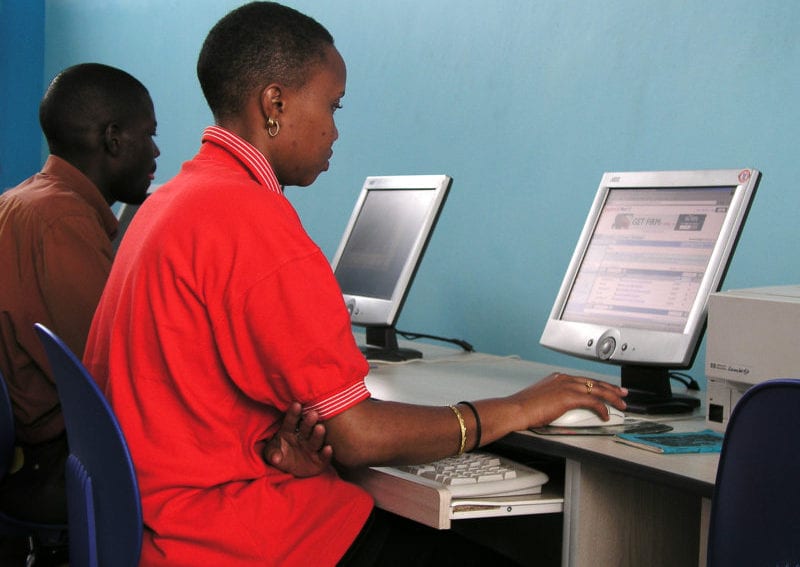Send to a friend
The details you provide on this page will not be used to send unsolicited email, and will not be sold to a 3rd party. See privacy policy.
[PORT LOUIS, MAURITIUS] It was Martin Luther King Jr who once said, “If you want to change the world, pick up your pen and write”. In this day and age, it probably would be taking, for instance, an iPad and typing.
Now, to change the world, I am typing on a computer about the challenges that African governments are still facing in applying technology for faster information dissemination, service delivery, and bringing governance closer to the people at the click of a computer mouse.
E-government may be considered the in-thing in most parts of the world. It involves efficient, faster and effective outcomes that are not profit oriented but when deployed has many benefits in the long run, including achieving citizen-centred governance and services delivery.
“The problem with developing countries such as Kenya, Mauritius and Morocco is that they may have an e-government technology in place but they hardly monitor and evaluate it constantly.”
Ann Glory Kathure
At the IST-Africa 2014 conference in Mauritius this week (6-9 May), a presentation by Ibrahim Otieno, director of information and communication technology at Kenya’s University of Nairobi, showed that most developing countries are still grappling with ensuring a centralised operating system for governments and are probably groping in the dark.
The problem with developing countries such as Kenya, Mauritius and Morocco is that they may have an e-government technology in place but they hardly monitor and evaluate it constantly.
After setting up the technology, harmonising the operations of different ministries becomes a challenge and each ministry still works in its silo. Thus, ministries don’t know what is happening in others.
The desire for a one-stop shop source for all government information for their citizens has hit a brick wall.
But that is not all. Deployment of the e-government technology is one thing and the lack of dissemination of information about it is another challenge. Therefore, citizens lack awareness of its existence.
I gather from Otieno’s presentation that the urban population can access government information online but those living in rural areas have some challenges. They cannot access government information online partly because they are not literate enough to operate and navigate it.
There is inadequate infrastructure, and this has to be addressed for all to access the service even if through technology hubs powered by solar in rural areas, for instance.
South Africa has managed to improve its e-government services because of the connectivity of their ‘silos’ in government to work effectively in achieving customer centricity.
According to Vikas Sharma, a senior research officer at PricewaterhouseCoopers, Mauritius, all government officials should buy into e-government because it offers efficient and effective service for citizens’ demands. The technology is fundamental for Africa to advance its operations.
They are many underlying factors that Africa is facing when trying to take to these technologies.
However, I think, admitting our faults is the first step. Prioritising on implementing technologies that will in the long run ensure profits in all sectors is the other step. Lastly, ensuring the sustainability of these projects is key to making e-government technology a success.
This article has been produced by SciDev.Net's Sub-Saharan Africa desk.














